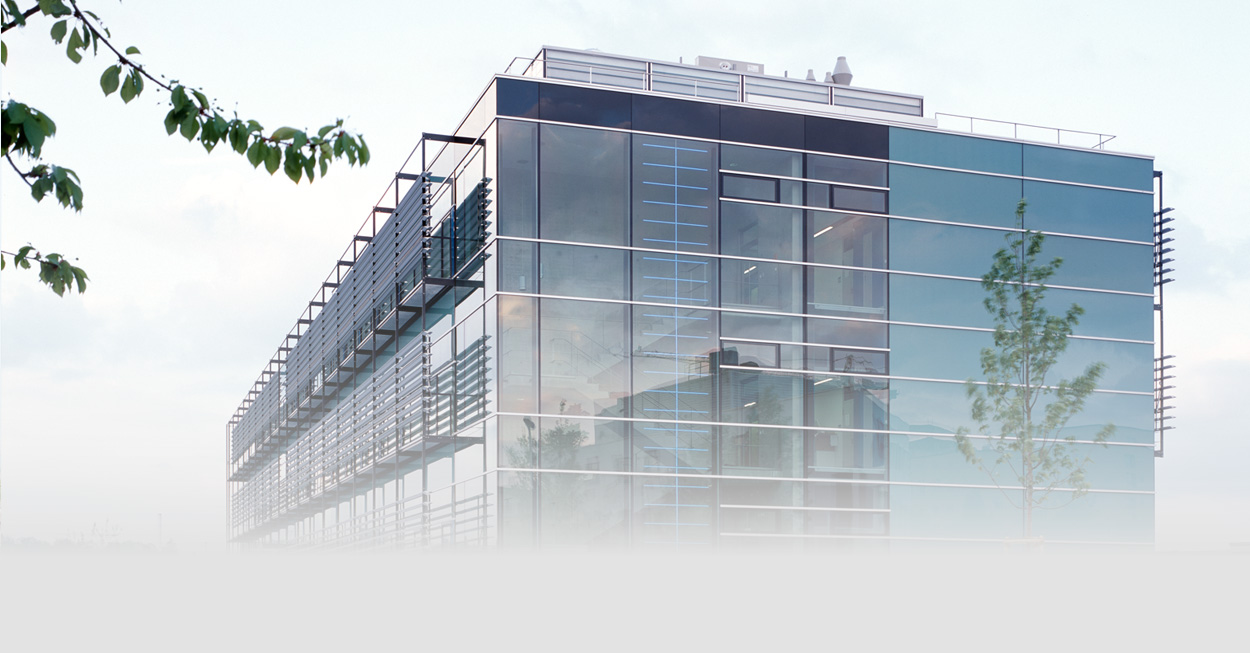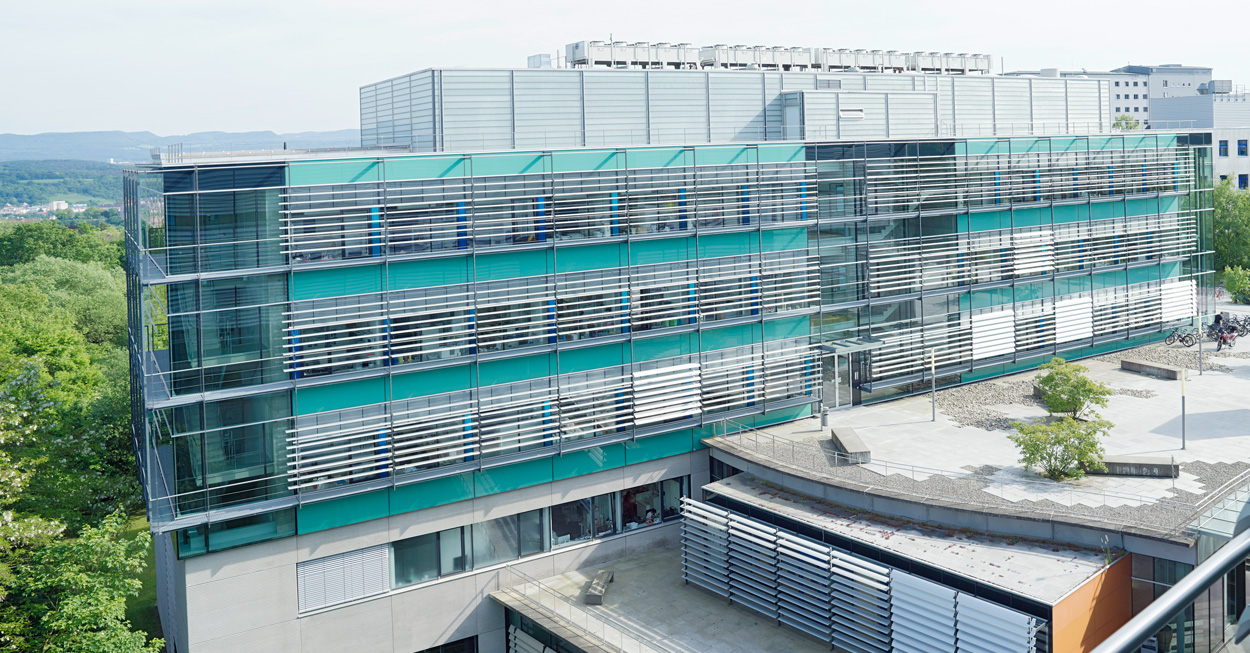

Ten-million euro ERC Synergy Grant for new therapeutic brain stimulation project involving Tübingen researchers
“We aim to revolutionize non-invasive therapeutic brain stimulation.” That is the goal set by Professor Dr. Ulf Ziemann and his team at the Hertie Institute for Clinical Brain Research, the University Hospital and the University of Tübingen. Working with colleagues at Aalto University in Finland and in Italy at the Chieti-Pescara Gabriele d’Annunzio University, Ziemann is developing a helmet which is capable of stimulating any part of the cerebral cortex using transcranial magnetic stimulation (TMS). Timing of stimulation is coupled to the brain’s current state of activity. That link allows magnetic stimulation to alter the connection between brain areas especially effectively – easing brain network diseases such as strokes, depression and Alzheimer’s. “In the long term we are expecting a wide range of applications for this technology in treatments,” Ziemann says. The project, called “ConnectToBrain,” has earned the scientists research funding of ten million euros from the European Research Council, in the form of a Synergy Grant. The ERC announced its Synergy Grants today.
Conventional TMS is carried out using a magnetic coil which is placed on the patient’s head and which stimulates the brain non-invasively with magnetic impulses. This stimulation influences brain activity and can strengthen or weaken the connections between nerve cells. “In conventional TMS, stimulation is conducted according to a fixed protocol, completely uncoupled to what is happening in the brain at the time,” Ziemann says. “However, the brain activity is subject to continuous fluctuations and can change within fractions of a second. As we discovered from earlier studies, TMS is particularly effective when the stimulation is synchronized with the brain’s activity.”
Closed-loop stimulation makes use of this principle; Ziemann and his team have been investigating and further developing it for several years. In this process, an electroencephalogram (EEG) measures brain activity in real time. It is connected to a TMS coil, which – with the help of a special algorithm – sends out impulses synchronised to the millisecond with the brain’s activity. The researchers now aim to refine this technology. In the newly-sponsored project, they plan to develop a helmet with integrated EEG electrodes and 50 magnetic coils. “The overlapping coils ensure that each area of the human cerebral cortex will be covered and we will then be able to give high-resolution stimulation not only in time, but in the right place as well.” This multi-locus transcranial magnetic stimulation, or mTMS, is even more specific – and Ziemann expects that it will be more effective too.
However, designing the stimulation helmet will require specialist knowledge from various fields. “In this project, the expertise of all three research groups comes together synergetically; it is not something any one group could do by itself,” Ziemann stresses. While the Finnish group produces the coils for the helmet, their Italian colleagues are developing algorithms for the real-time analysis of the activity levels in the brain. Ziemann and his colleagues are responsible for preparing the technology for clinical application. They are planning the first tests for early next year, using healthy test subjects. Studies with stroke and Alzheimer patients are to follow in three years. “At the conclusion of the project in six years, the device will hopefully be sufficiently refined to launch commercial production,” Ziemann says. “We believe that closed-loop stimulation will usher in a paradigm shift in therapeutic brain stimulation and that it will find a wide range of clinical applications.”
Press contact
Dr. Mareike Kardinal
Director of Communications
Hertie Institute for Clinical Brain Research
Otfried-Müller-Str. 27
72076 Tübingen
Tel.: +49 7071 29-88800
Email: mareike.kardinal@medizin.uni-tuebingen.de
Hertie Institute for Clinical Brain Research
Director of Communications
Otfried-Müller-Str. 27
72076 Tübingen
For media questions, please contact from now on:
Dr. Hildegard Kaulen
Karlsruher Str. 8
65205 Wiesbaden
Phone: 06122 52718
Email: h.k@kaulen-wissenschaft.de



